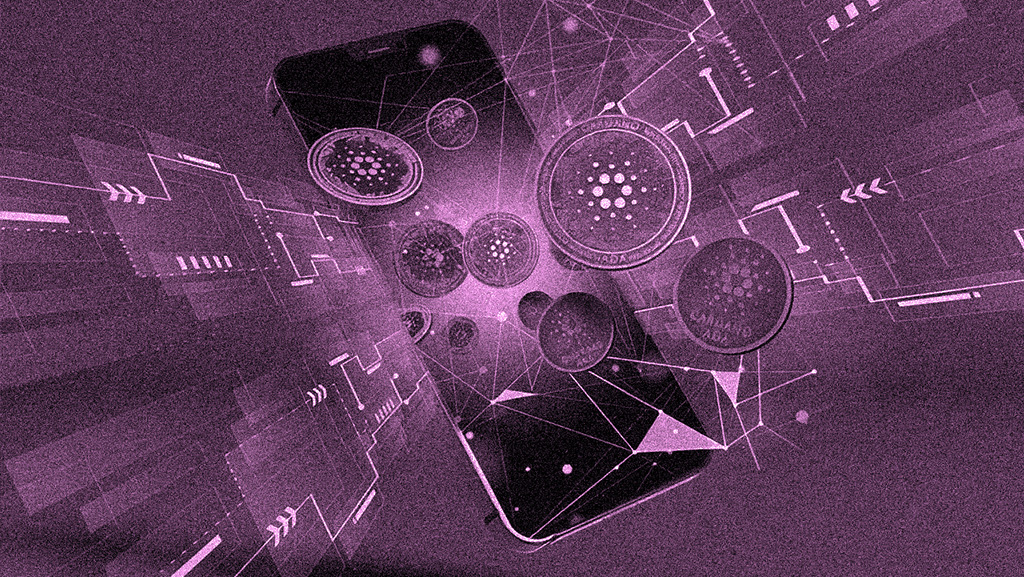How to Navigate Web3 Governance: Understanding DAOs
WEB3
In the rapidly evolving landscape of blockchain technology, decentralized autonomous organizations (DAOs) have emerged as the revolutionary backbone of Web3 governance. DAOs represent a paradigm shift, enabling communities to govern themselves, make collective decisions, and drive decentralized innovation.
What are DAOs?
A decentralized autonomous organization (DAO) is an innovative legal structure that operates without a central governing body and relies on the collective efforts of its members, who share a common objective of acting in the entity’s best interest. DAOs have gained prominence thanks to the influence of cryptocurrency enthusiasts and the advent of blockchain technology. These organizations adopt a bottom-up management approach, where decisions are made collectively by the community rather than being dictated by a centralized authority. DAOs distribute decision-making power among their members and utilize transparency and consensus-based governance through token-based voting.
Characteristics of DAOs:
- Decentralization – DAOs distribute all decision-making power among their members, reducing reliance on centralized entities and fostering collective ownership and control.
- Autonomy – DAOs are self-executing and self-regulating entities. The rules and governance mechanisms embedded in smart contracts enable them to function autonomously, conducting predefined actions without human intervention.
- Transparency – As DAOs operate on a public blockchain, their transactions and decisions are transparent and auditable by anyone. This transparency fosters trust among participants and ensures accountability.
- Governance by Consensus – DAOs typically employ voting mechanisms to make decisions collectively. Token holders, who have a stake in the DAO, can participate in governance by voting on proposals, determining the direction of the organization.
Token-based voting and governance rights
One of the key components of DAOs is token-based voting. DAOs typically issue governance tokens to the participants, granting them voting rights and influence over decision-making. The voting power of an individual is determined by the number of tokens held by them. Token holders can participate in several types of voting, such as proposing and approving changes to the DAO’s rules, selecting representatives, or even deciding on resource allocation.
Token-based voting ensures that decisions are made by those with a stake in the organization and aligns incentives among participants.

Governance processes and decision-making mechanisms
DAOs implement specific governance processes and decision-making mechanisms to facilitate effective operations. These mechanisms vary depending on the DAO and can include signalling mechanisms, where token holders express their preferences on proposals without necessarily taking binding actions, and formal voting mechanisms where decisions are binding and require a specific threshold of support to be approved. Some DAOs also employ delegated voting. In this, token holders delegate their voting power to representatives they trust, streamlining decision-making processes.
Transparency and accountability
Transparency and accountability are both critical in DAO governance. DAOs operate on public blockchains, which means that their transactions, proposals, and voting outcomes are visible to all participants. This transparency allows for auditing and ensures that governance processes are conducted in a fair and accountable manner. Additionally, DAOs may have mechanisms for challenging decisions or holding members accountable if they act against the best interests of the organization.
Challenges in DAO governance
Although DAO governance offer quite a variety of benefits, there are challenges to consider as well. These include ensuring security and protecting against malicious attacks or exploits on smart contracts. Not only that, with increase in participation and decision-making, DAOs also often need to address scalability issues. Balancing inclusivity with efficient decision-making is another challenge, as DAOs strive to involve a diverse range of participants while avoiding decision paralysis. Moreover, regulatory compliance and legal considerations vary across jurisdictions and must be carefully navigated to ensure DAO operations align with local regulations.
The future of Web3 governance
Web3 governance is on the brink of transformative advancements, fuelled by factors such as decentralization, transparency, experimentation with governance models, global inclusivity, integration of AI and machine learning, regulatory frameworks, interoperability, and evolving legal frameworks. These dynamic shifts will shape a digital landscape that is more inclusive, transparent, and participatory, enabling communities to collaborate globally and make collective decisions with empowered efficiency.
Concluding thoughts
Decentralized autonomous organizations, or DAOs, represent a ground-breaking shift in Web3 governance. They empower communities to govern themselves, make collective decisions, and drive decentralized innovation. DAOs operate without a central authority, relying on token-based voting for decision-making. Transparency and accountability are ensured as DAOs operate on public blockchains. However, challenges include security, scalability, inclusivity, and regulatory compliance.



